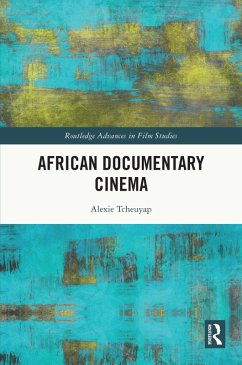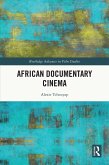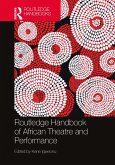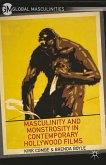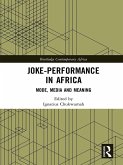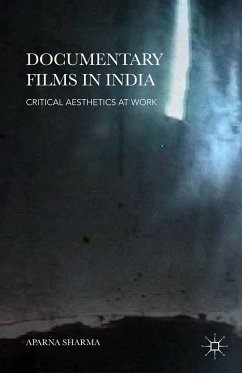Situating his analysis within the context of the significant transformation of the African film industry, the author focuses on the development, diversity, and shifting dynamics that have impacted contemporary documentary cinema. Examining the historical, political, sociological, economic, and cultural factors that have facilitated the rise of documentary films-especially those created by female documentarians-the book assesses the emergence of documentary filmmakers spanning different generations. Their training, practices, and innovative perspectives on social, political, and environmental issues ultimately give rise to new frameworks for understanding the bio-documentary genre, issues of gender discrimination, LGBTQIA+ identities, environmental trauma, genocide, and memory on the African continent.
This ground-breaking study offers new insight into a rapidly expanding topic and will appeal to students and scholars in the fields of film studies, documentary film, media industry studies, African studies, French, postcolonial studies, politics, and cultural studies.
Dieser Download kann aus rechtlichen Gründen nur mit Rechnungsadresse in A, B, BG, CY, CZ, D, DK, EW, E, FIN, F, GR, HR, H, IRL, I, LT, L, LR, M, NL, PL, P, R, S, SLO, SK ausgeliefert werden.
Sheila Petty, Professor, University of Regina, Canada
"One of the first books on the topic, Alexie Tcheuyap's African Documentary Cinema provides a cogent historical overview as well as incisive close readings of individual films. In chapters on works that address the crucial figures and pressing political, social, and environmental realities of postcolonial sub-Saharan Africa, Tcheuyap convinces readers of the abundance and brilliance of nonfiction film from the continent, introducing an underrecognized corpus that is vital to any understanding of global documentary."
Rachel Gabara, University of Georgia, USA
"Timely, accessible, engaging and comprehensive, African Documentary Cinema aptly engages intricate facets, contours and dynamics of African documentary practices. In filling extant gaps, engendering critical dialogues and widening intellectual frames, this book is a richly significant contribution to the field, of value to scholars, students and diverse publics."
Jude G. Akudinobi, University of California, Santa Barbara, USA

